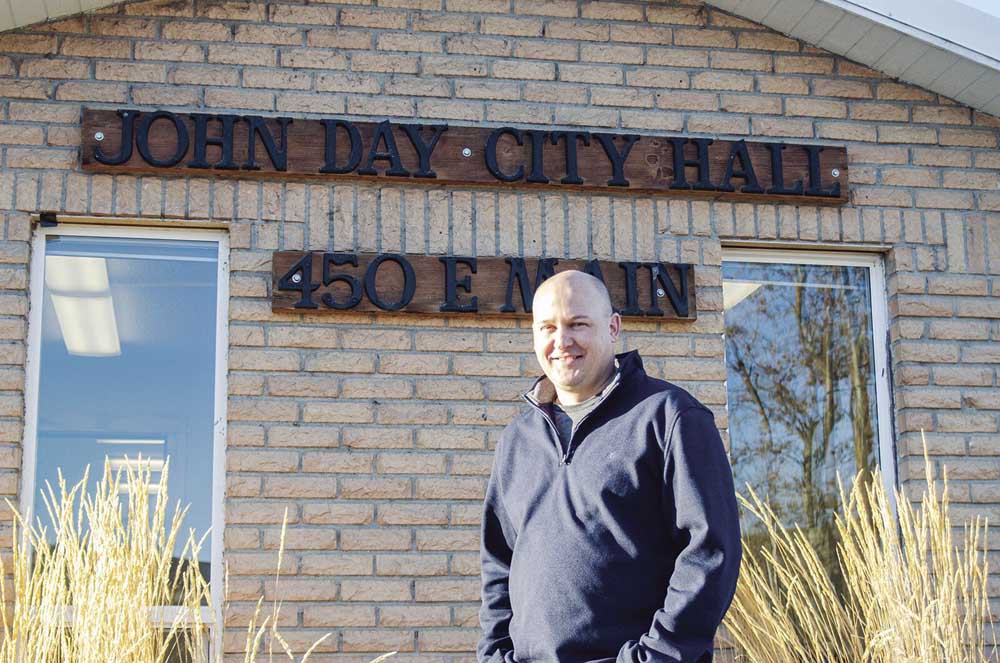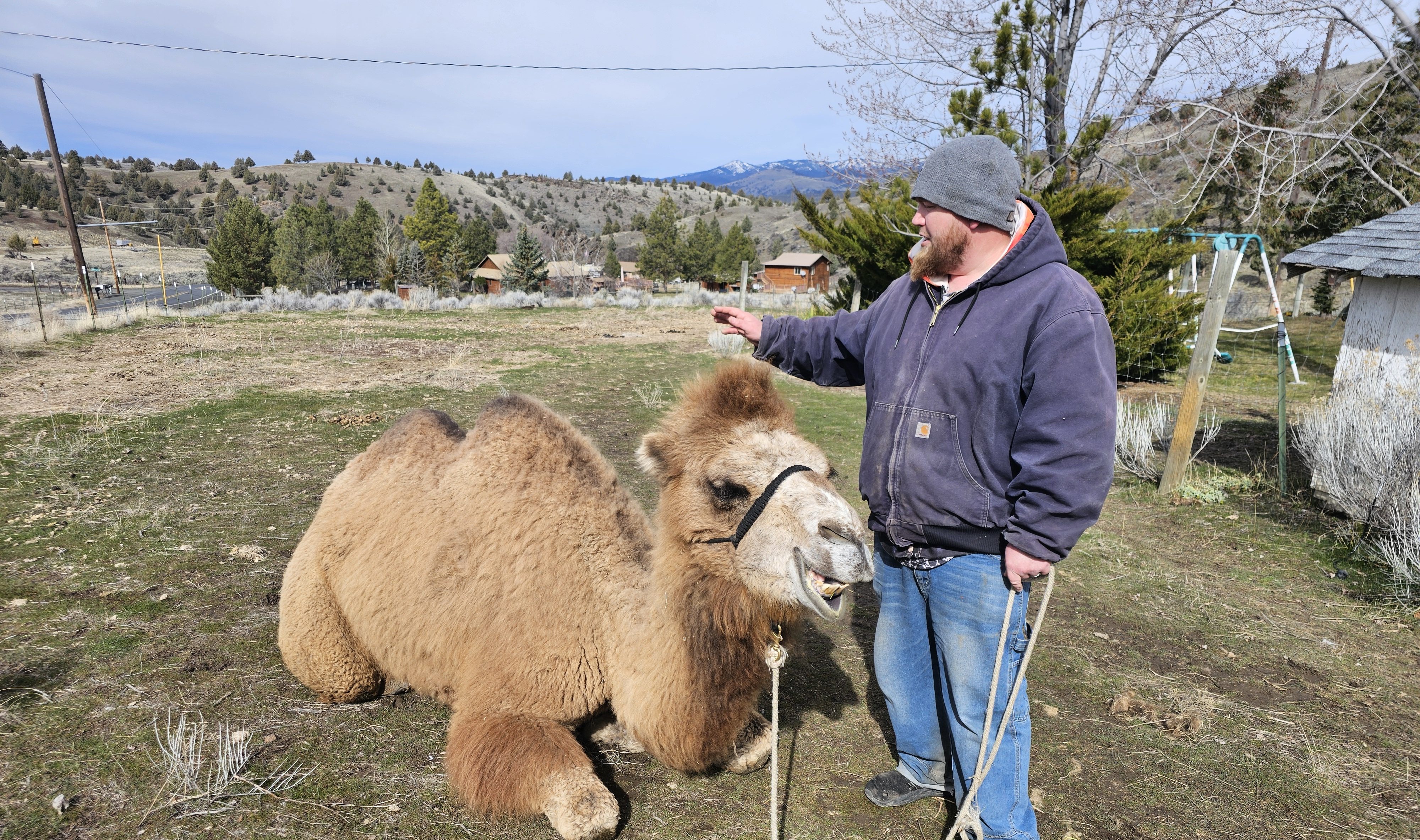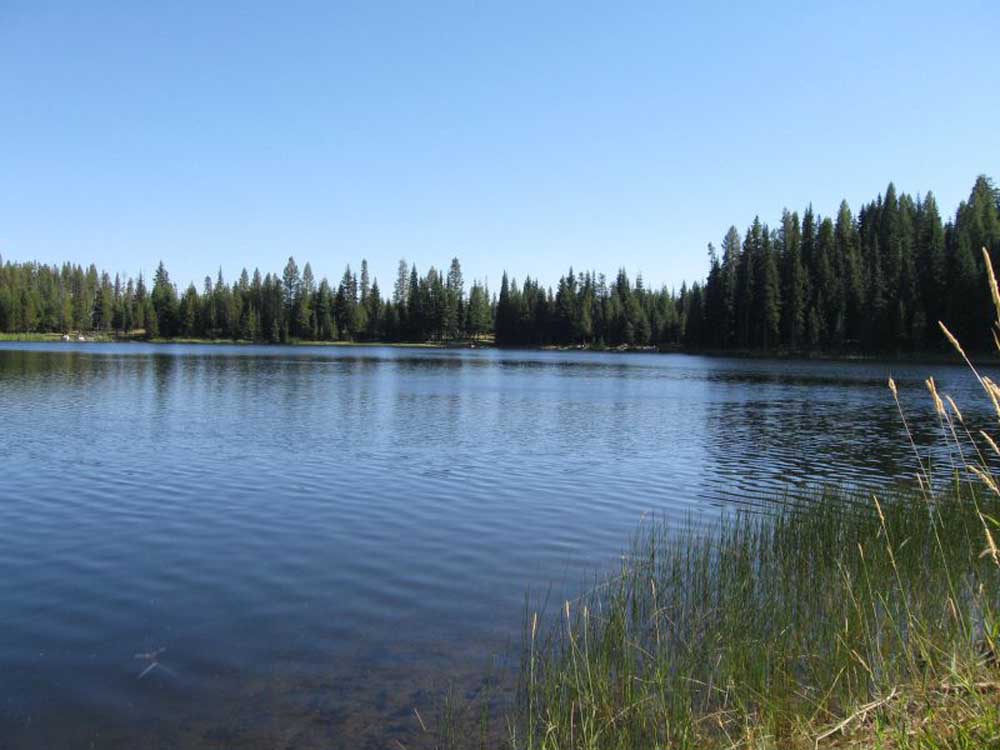Leaders need to act to curtail fire risk
Published 5:00 pm Tuesday, August 13, 2002
Our letters to the editor have swung wildly from one end of the political spectrum to the other concerning Sen. Ron Wyden and his stance on public forest management.
We applauded his hard questioning of the Forest Service at a congressional hearing in Redmond on forest-health issues. However, not everyone has shared our enthusiasm. Our advice is to wait and see if he and other leaders will deliver on their tough talk.
The Log Trucker magazine (July 2002 issue) identified Wyden as one of several Senate Democrats who killed a forest stewardship contracting measure during conferencing between the chambers on the Farm Bill.
As the Log Trucker reported: “The stewardship authority that Senate Democrats rejected would have provided local communities a means to more easily manage at-risk forests surrounding national forests.”
The incrimination of Wyden may be unfounded. Wyden’s office responded to our questions by stating that the Senate and House indeed eliminated the much-needed tool for forest restoration by killing the provision for more flexible stewardship contracting authority. However, it was not done on a vote. It was a decision made in conference committee, and Wyden was not present for that process, his office staff said. Wyden is committed to reducing threats from wildfire, his staff pointed out, and perhaps process was as much to blame as politics for this failure. The U.S. House insisted on permanent stewardship contracting authority, and an effort at compromise was rebuffed, Wyden’s staff reported.
Unfortunately, actions taken in conference committee elude accountability. And as has been pointed out following Wyden’s congressional hearing in Redmond, accountability must be guaranteed, especially when promises are made.
There’s the accountability of the Bureau of Land Management as it contemplates extreme fire danger on Little Canyon Mountain.
An environmental assessment on Little Canyon has languished for two years. That commercial thinning sale could be repackaged in a matter of a few months. Instead, the BLM has decided to target a yearlong planning process. Meanwhile, a proposal for thinning along property lines is nothing more than a token gesture of good will.
“If you get a fire on that mountain, 1,000 feet of defensible space is not going to do any good,” said Chuck Burley, forest industry consultant from Bend.
Burley has toured the mountain (as have members of the Eagle staff); he visited the site with an aide for Sen. Gordon Smith. They saw the bug-killed trees and downed timber.
“It’s so obvious when you go out and look at it, this is a disaster waiting to happen,” he said.
** missed drop char **Does the average American environmentalist really want to see our national forests surrendered to natural processes without any active management? Not if they take the word of the investigative arm of Congress, which identified the problem of overstocked national forests with the following conclusion: “In the past several years, land managers have increasingly recognized that in many areas, the volume of accumulated fuels has increased to the point that thinning and mechanical treatments must be used before fire can be reintroduced into the ecosystems.” (“Reducing Wildfire Threats,” a Sept. 13, 2000, report by the U.S. General Accounting Office)
At a recent public meeting about Little Canyon, somebody asked a good question: What if a fire does start on the mountain and destroys homes? Can BLM be held responsible for failing to act?
Let’s hope we never have to find out. The fact is we should not be forced to wait. The BLM should stand up like leaders. They should prove to us that they can do the right thing, in spite of intimidation from threats of litigation. The same applies to our members of Congress.
With existing law, we can’t stop the lawsuits. However, we can demand action from agencies responsible for managing our public lands. It’s time to stop the stonewalling. It’s time to determine who’s willing to be a leader through their actions. Because officials who cave in to the extremes, whether they be the environmentalists or other special-interest groups, do not serve the public interest.





